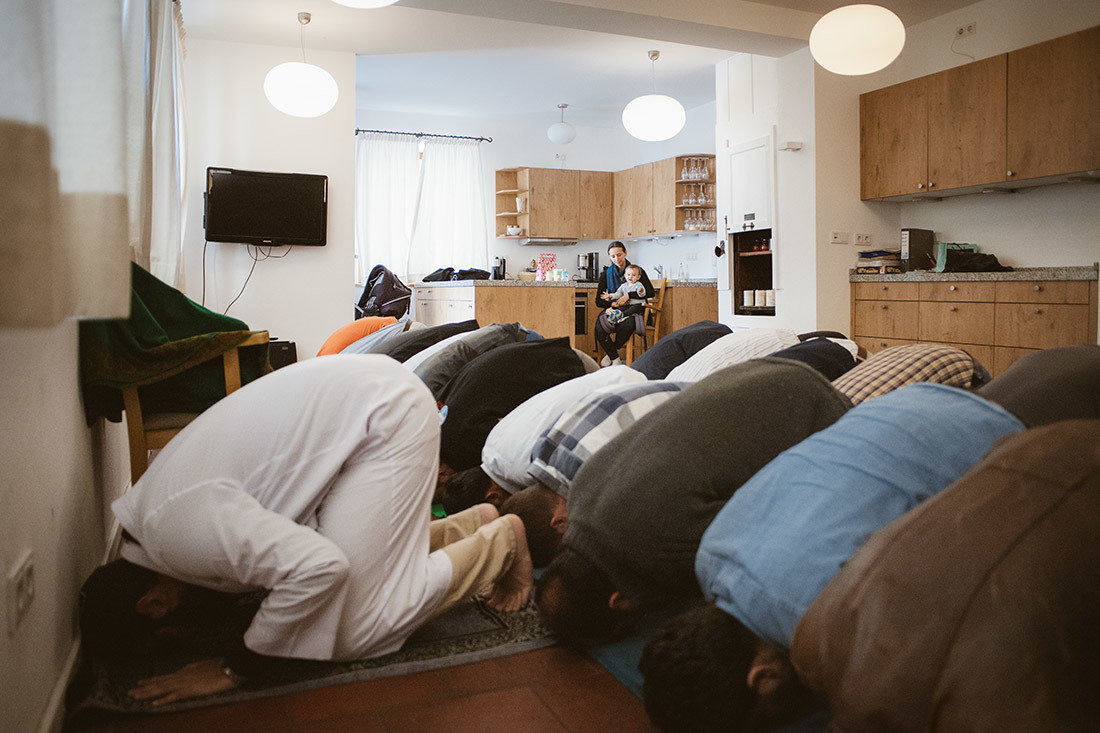In the LA Review of Books, political philosopher Todd May reviews The Meaning of Belief: Religion from an Atheist’s Point of View by Tim Crane. Crane’s book stakes out an atheist position on religion that counters the position of the so-called New Atheists, such as Richard Dawkins, Daniel Dennett, and Christopher Hitchens. He argues that even if religion doesn’t deserve the credence of atheists, it deserves their respect for the meaning and sense of belonging that it brings to the lives of believers. Here’s an excerpt from May’s review:
But is religion deserving of such polarization? Should religion be subject to the either/or of a polarized discourse or attitude? The philosopher Tim Crane, a professed atheist, thinks not. In his small but valuable volume The Meaning of Belief: Religion from an Atheist’s Point of View, he argues that the New Atheists’ approach to religious belief and practice is fundamentally flawed, and that the proper atheist response to religion ought not to be one of condemnation, but rather one of tolerance. This tolerance is not, as we shall see, a tolerance of everything done under the name of religion. But it is a general tolerance of religion itself, of a viewpoint and set of associated practices that may be foreign, and indeed mistaken, to the atheist, but not to be rejected for all that.
What is religion, this phenomenon that we are urged by the New Atheists to consign to the dustbin of history? For them it is fundamentally a belief or set of beliefs concerning a supernatural agency that often directs them to engage in silly rituals or commit violence against those who refuse such engagement. Crane believes this view is deeply misguided. It is one that would not only be rejected by believers; it is one that should also be rejected by atheists. Rather, he says, “Religion, as I am using the word, is a systematic and practical attempt by human beings to find meaning in the world and their place in it, in terms of their relationship to something transcendent.” In seeking to understand religion we need to focus not only on the belief, but also on the meaningfulness of the practice in relation to that belief. Thus the title of his book.
Image via CNN.
